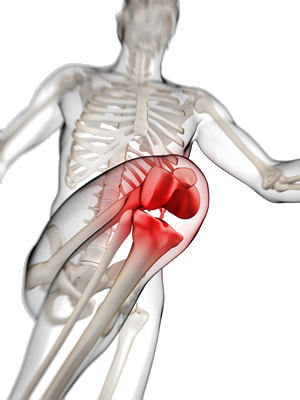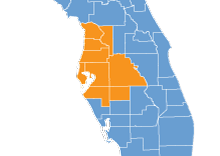
The Florida Workers’ Compensation Act requires that an injured worker show objective evidence of injury. This means that pain and subjective complaints alone will not be enough to establish compensability of an injury sustained in the course and scope of employment. The next logical question is; What is objective evidence of injury?

Florida Statute 440.09(1) contains the following definition:
“For purposes of this section, “objective relevant medical findings” are those objective findings that correlate to the subjective complaints of the injured employee and are confirmed by physical examination findings or diagnostic testing.”
In order to discuss what qualifies as an objective finding, it’s important to discuss the distinction between objective findings and subjective complaints. Subjective complaints come directly from the injured worker: my head hurts, my back hurts when I twist, my hands hurt when I grasp. Objective evidence is something that does not come only from the injured worker. The easiest example of objective evidence of injury is an MRI, x-ray, or results from other diagnostic testing. Objective evidence of injury could be swelling, spasm, rash. Subjective complaints could be pain, nausea, vertigo, and anxiety.
As work injuries most often produce some type of pain for the injured worker, it is extremely important for thorough and candid explanation of pain symptoms to authorized workers compensation doctors. If a patient is reporting his/her pain is at a 10, and there is no objective evidence of injury, the physician may make notes in the chart that he/she is exaggerating symptoms, has “nonorganic” pain, or that he/she is a malingerer. Therefore, it is extremely important that an injured workers describe pain as clearly and honestly as possible. Doctors often ask patients to complete a pain questionnaire, or ask them how their pain is on a scale of one to 10. Patients often say it’s a 10. A 10 on the pain scale should be reserved for pain so intense that you will go unconscious. The pain of a crushed limb or severe accident. If pain is at a seven, it will still dominate senses causing the person to break concentration frequently due to the pain. There are many factors that go along with pain and subjective complaints. The environment, expectations, attitudes and beliefs have an impact on the experience of pain. Acute or chronic pain can lead to varying degrees of altered behavior, dysfunction or disability.[1]

If you have been injured on the on the job and have questions about workers’ compensation in Florida, or wish to discuss your potential case with a Workers’ Compensation attorney in Tampa, Florida, call our office for a free consultation. Our firm has been representing injured workers in Florida since 1989. We represent clients throughout West Florida. We offer in home consultations.
[1] Pain: A Review of Three Commonly Used Pain Scales. Link here
